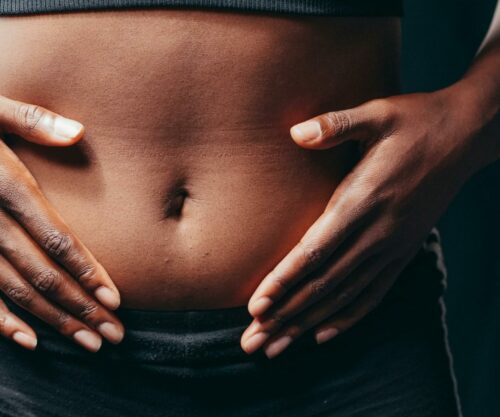
Alcohol is a widely consumed beverage that is often associated with relaxation and socialising. However, according to Healthline and Drinkaware, for some individuals, it can have the opposite effect and actually induce feelings of anxiety. While alcohol may initially create a sense of relaxation, it is important to understand its impact on mental health.
Alcohol is a depressant that affects the central nervous system, altering brain chemistry and influencing neurotransmitters such as gamma-aminobutyric acid (GABA) and serotonin. GABA is responsible for inhibiting brain activity and promoting relaxation, while serotonin is involved in mood regulation. When alcohol is consumed, it enhances the effects of GABA, leading to a temporary sense of calm and euphoria.
However, as alcohol is metabolised and its sedative effects wear off, the balance of neurotransmitters can be disrupted. This can result in an increased release of glutamate, an excitatory neurotransmitter that stimulates brain activity. This glutamate surge can trigger an overactive response in the brain, leading to feelings of anxiety, restlessness, and even panic attacks.
Moreover, alcohol can interfere with sleep patterns, causing disruptions in the sleep cycle. Poor-quality sleep has been linked to heightened anxiety levels. Additionally, alcohol is known to dehydrate the body, and dehydration can exacerbate symptoms of anxiety such as increased heart rate and palpitations.
It is also worth noting that people with pre-existing anxiety disorders may be particularly susceptible to alcohol-induced anxiety. Alcohol can interfere with the effectiveness of certain medications prescribed for anxiety, making symptoms worse.
While moderate alcohol consumption may not have a significant impact on anxiety for some individuals, excessive or chronic drinking can exacerbate anxiety symptoms and contribute to the development of an anxiety disorder.
While alcohol is often associated with relaxation, it can indeed make some individuals feel anxious. The initial calming effects of alcohol are temporary, and its impact on brain chemistry can lead to increased anxiety levels as the body processes the alcohol.
Furthermore, alcohol can disrupt sleep patterns and worsen symptoms for those with existing anxiety disorders. It is important to be mindful of alcohol consumption and recognize its potential effects on mental health. If you experience persistent anxiety, seeking professional help and exploring healthier coping mechanisms is recommended.




